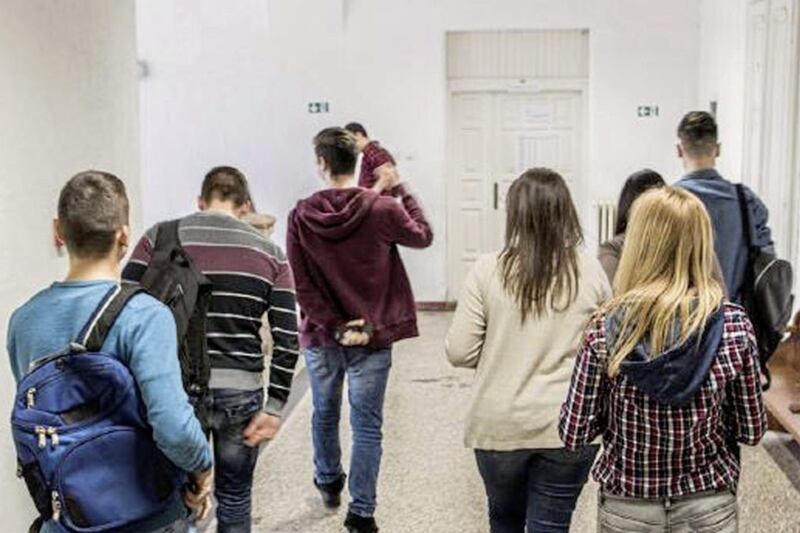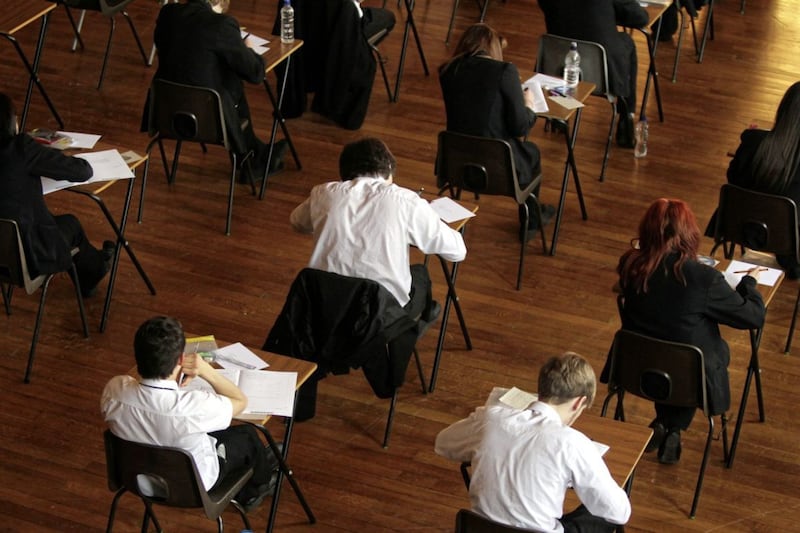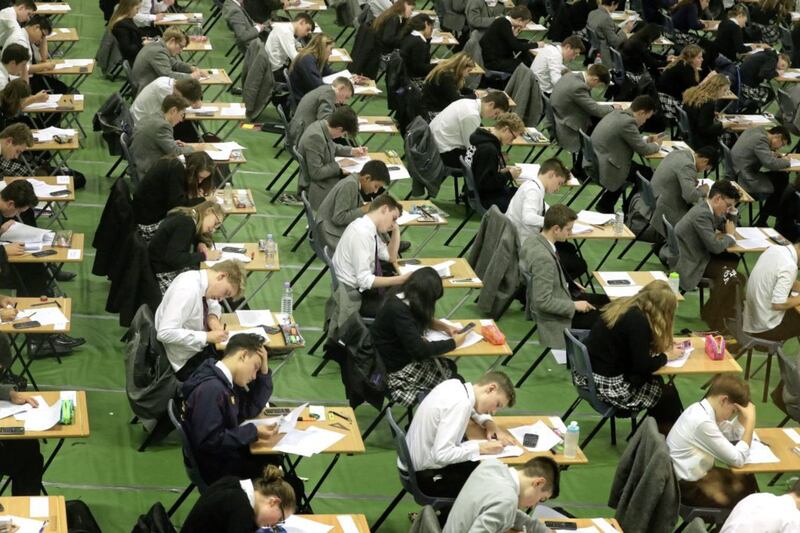MPs have urged the independent regulator of higher education to "clamp down" on the rise in unconditional offers from universities.
A report published by the Westminster education committee said their steep increase was detrimental to the interests of students and undermined the higher education system as a whole.
Research by admissions service Ucas this year found pupils were increasingly likely to be made unconditional offers for university places before they sat their A-levels.
The number of unconditional offers made to 18 year-olds from Northern Ireland, England and Wales has risen dramatically in five years - from 2,985 in 2013 to 67,915 this year.
Unconditional offers do not have any academic requirements the student needs to meet. This means students accepted unconditionally before they complete A-levels would not have to sit the exams.
Such offers have always been a part of the admissions process and are used in a variety of circumstances, including to mature students who have already achieved their qualifications. They may also be made to those applying for creative arts courses, after submitting a portfolio, or following a successful interview or audition.
Some institutions use them to attract and retain interest from students in a competitive marketplace.
Now, the committee's report, published this week, noted the potentially detrimental impact of such offers on the interests of students, and calls for the Office for Students to clamp down on them.
MPs also said universities must focus on value for money and improving access for disadvantaged students.
Their report said there needed to be a sharper focus on graduate outcomes, the teaching of skills and supporting poorer young people.
The committee called on universities and government to ensure better outcomes, expand degree apprenticeships, and tackle the issue of excessive vice-chancellor pay.
Committee chairman, Robert Halfon, said: "The blunt reality is that too many universities are not providing value for money and that students are not getting good outcomes from the degrees for which so many of them rack up debt."







